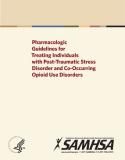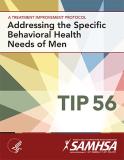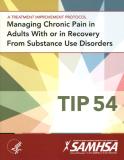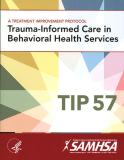
This manual serves as a quick reference guide for clinicians treating chronic pain in adults living with a history of substance use. It covers patient assessment and treatment, and provides an algorithm for managing chronic pain, as well as a summary of non-opioid analgesics.
Units per Product
Download
KAP Keys (TIP 54): Managing Chronic Pain
File Type: PDF
File Size: 228 KB






